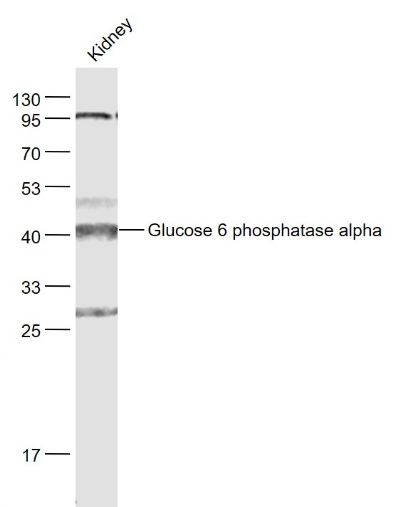Specific References (3) | SL21523R has been referenced in 3 publications.
[IF=1.662] Chao Xin. et al. Hawthorn polyphenols, D-chiro-inositol, and epigallocatechin gallate exert a synergistic hypoglycemic effect. 2021 May 24 WB ; Mouse.
[IF=1.662] Jen‐Ying Hsu. et al. Aqueous extract from Pepino (Solanum muricatum Ait.) leaves ameliorated insulin resistance, hyperlipidemia, and hyperglycemia in mice with metabolic syndrome. J Food Biochem. 2020 Dec;44(12):e13518 WB ; Mouse.
[IF=4.268] Fan Wu. et al. A bioinformatics and transcriptomics based investigation reveals an inhibitory role of Huanglian-Renshen-Decoction on hepatic glucose production of T2DM mice via PI3K/Akt/FoxO1 signaling pathway. Phytomedicine. 2021 Mar;83:153487 WB ; Mouse.
